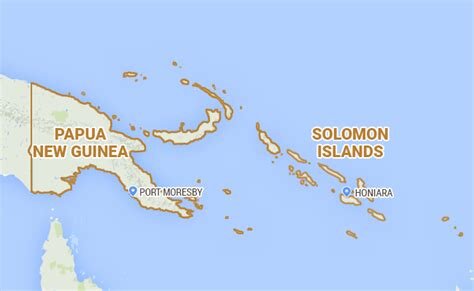Winston Peters is a prominent figure in New Zealand politics who has made a significant impact over the years. While some may argue that he has contributed positively to the political landscape, his tenure has also been riddled with controversy and negative consequences. This article aims to explore the negative of Winston Peters in New Zealand politics.
One of the major concerns with Peters is his divisive rhetoric and tendency to stoke tensions. Throughout his career, Peters has often targeted minority communities, especially immigrants and refugees. His inflammatory remarks and xenophobic policies have created an atmosphere of fear and hostility, leading to a more divided and polarized society. This kind of rhetoric undermines the values of inclusivity and multiculturalism that New Zealand holds dear.
Another troubling aspect of Peters’ political career is his inconsistency and opportunism. He has been a member of multiple political parties throughout his career, which raises questions about his principles and commitment to a particular ideology. This constant switching of allegiances for personal gain damages the trust and confidence that voters place in their elected representatives.
Moreover, Peters has been known for his confrontational style of politics, often resorting to personal attacks and mudslinging instead of engaging in constructive debate. This approach not only degrades the political discourse but also inhibits the possibility of finding common ground and effective solutions.
Another area where Peters’ impact has been detrimental is in his handling of New Zealand’s foreign relations. His controversial positions on international trade agreements, such as the Trans-Pacific Partnership (TPP), have negatively affected the country’s international standing and economic opportunities. By opposing such agreements without offering viable alternatives, Peters has limited New Zealand’s ability to engage and collaborate with its global partners, potentially hindering its growth and prosperity.
Furthermore, Peters has been at the center of several political scandals and controversies throughout his career. His involvement in the infamous “two-tier superannuation” scandal, where he was accused of leaking information to the media for political gain, and the “winebox inquiry” scandal, where his conduct was questioned, have added to public mistrust in his leadership.
In conclusion, while Winston Peters has undoubtedly played a significant role in New Zealand politics, his impact has not always been positive. His divisive rhetoric, opportunistic behavior, confrontational style, and questionable ethical conduct have had detrimental effects on the political landscape and the overall well-being of the nation. It is crucial for the future of New Zealand politics to prioritize leaders who can foster inclusivity, unity, and ethical leadership.















